Search Results for: Fish
Skip to resultsCan’t find what you’re looking for? Visit our FAQ page.
8,283 results for: Fish
-
 Paleontology
PaleontologyPrimitive whales had mediocre hearing
Fossils suggest that early whale hearing was run-of-the-mill, along the same line as that of land mammals.
-
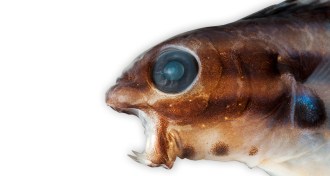 Animals
AnimalsBlennies have a lot of fang for such little fishes
Unlike snakes, blennies evolved fangs before venom, through probably not because of any need to hunt big prey.
By Susan Milius -
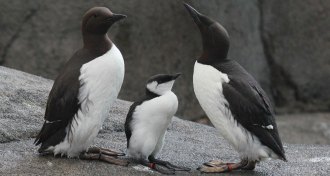 Animals
AnimalsSeabirds use preening to decide how to divvy up parenting duties
Seabirds in poor condition may communicate this information to their partner by delaying or withholding preening.
-
 Climate
ClimateLakes worldwide feel the heat from climate change
Lakes worldwide are warming with consequences for every part of the food web, from algae, to walleye, to freshwater seals.
-
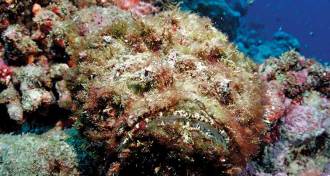 Animals
AnimalsVenomous fish have evolved many ways to inflict pain
Fish venom shows great diversity and is being studied to treat pain, cancer and other diseases.
By Amber Dance -
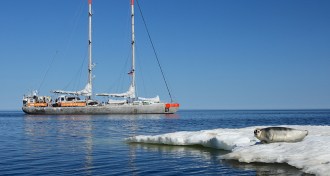 Oceans
OceansThe Arctic is a final garbage dump for ocean plastic
Ocean currents dump plastic garbage from the North Atlantic into previously pristine Arctic waters, new research shows.
-
 Oceans
OceansThe Arctic is a final garbage dump for ocean plastic
Ocean currents dump plastic garbage from the North Atlantic into previously pristine Arctic waters, new research shows.
-
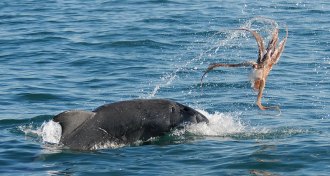 Animals
AnimalsHow a dolphin eats an octopus without dying
An octopus’s tentacles can kill a dolphin — or a human — when eaten alive. But wily dolphins in Australia have figured out how to do this safely.
-
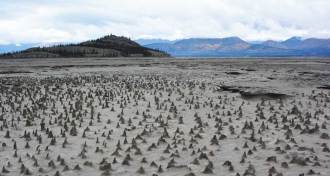 Earth
Earth‘River piracy’ on a high glacier lets one waterway rob another
The melting of one of Canada’s largest glaciers has rerouted meltwater from one stream into another in an instance of river piracy.
-
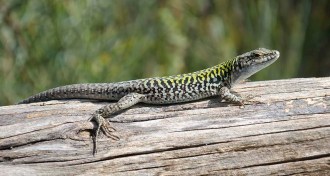 Animals
AnimalsSize matters to lizards, but numbers may not
Scientists have sized up the quantitative abilities of lizards and found that reptiles may not be as good with numbers as other vertebrates.
-
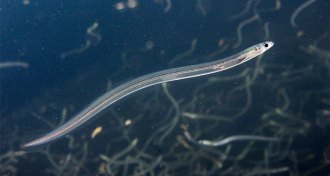 Animals
AnimalsYoung eels use magnetic ‘sixth sense’ to navigate
Migrating eels use Earth’s magnetic field.
-
 Particle Physics
Particle PhysicsScientists find amazement in what’s most familiar
Acting Editor in Chief Elizabeth Quill discusses the unexpected nature of science.